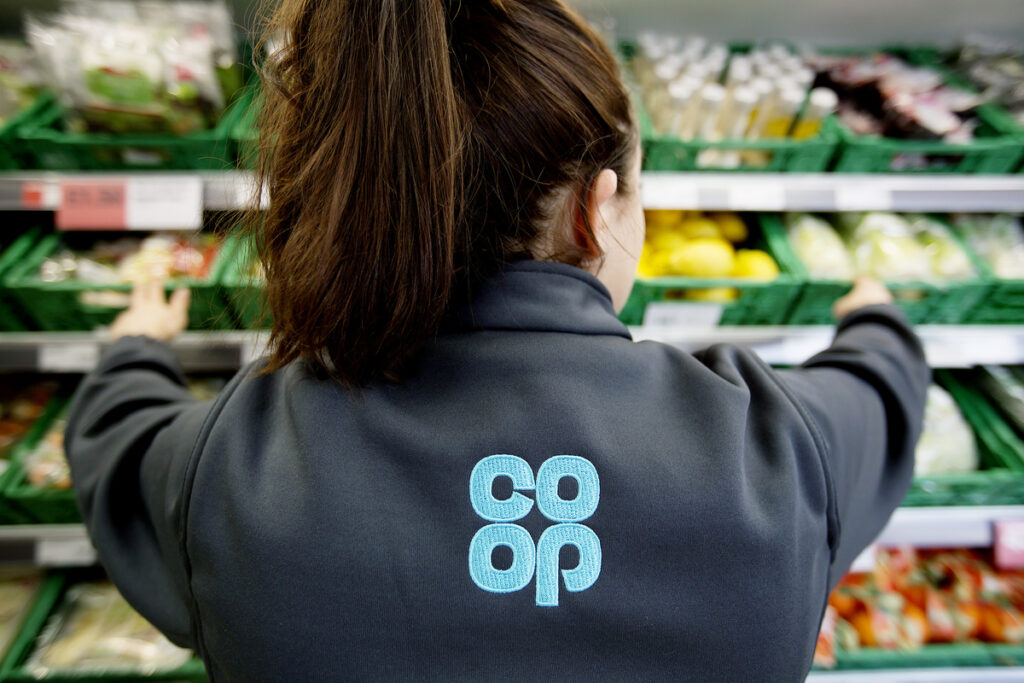Consumer spending confidence in the UK is at its highest level on record but a rise in concern about the economy saw it overtake terrorism and immigration as the nation‘s biggest concern.
The latest Nielsen Global Survey of Consumer Confidence and Spending Intentions revealed that across 2016, the economy saw the biggest rise in the amount of Britons citing it as their first or second biggest concern. The proportion doing so rose 12 percentage points to 28 per cent.
Political stability saw the next biggest rise, jumping eight points to 10 per cent – five times higher than at the end of 2015.
Despite this, the British Consumer Confidence Index finished 2016 at 102 – one point higher than a year earlier and higher than the European average of 81.
Nielsen UK managing director Steve Smith said this was because of employment and wage growth that rose slightly ahead of price inflation during the last year.
“In addition, disposable income remains stable, while tax benefits for the lower paid and a rise in the minimum wage have reduced income inequality. As a result, consumer spend continued to be the engine of UK GDP growth in 2016,” he said.
The UK was also Europe‘s fourth most confident country behind Denmark, the Czech Republic and Switzerland, compared to second a year ago.
Meanwhile, all consumer sentiments relating to personal finances, spending intentions and cutting costs were more positive in the UK at the end of 2016 than the beginning – except when it came to job prospects.
“As the political and economic planning for Brexit gets underway, concerns about jobs leaving the UK have unsettled consumers, as did the US election,” Smith said.
He was also cautious on whether UK‘s positive consumer sentiment would last, thanks to the first signs of rising inflation in the last quarter of 2016.
“Rising petrol prices being a primary example, seeing the third biggest jump in consumer concern,” he said.
“We now expect to see the start of price increases for consumer staples early this year and maybe cases of ‘shrinkflation‘ as the industry looks to minimise the price increases being passed on to shoppers.”
Click here to sign up to Retail Gazette’s free daily email newsletter

















